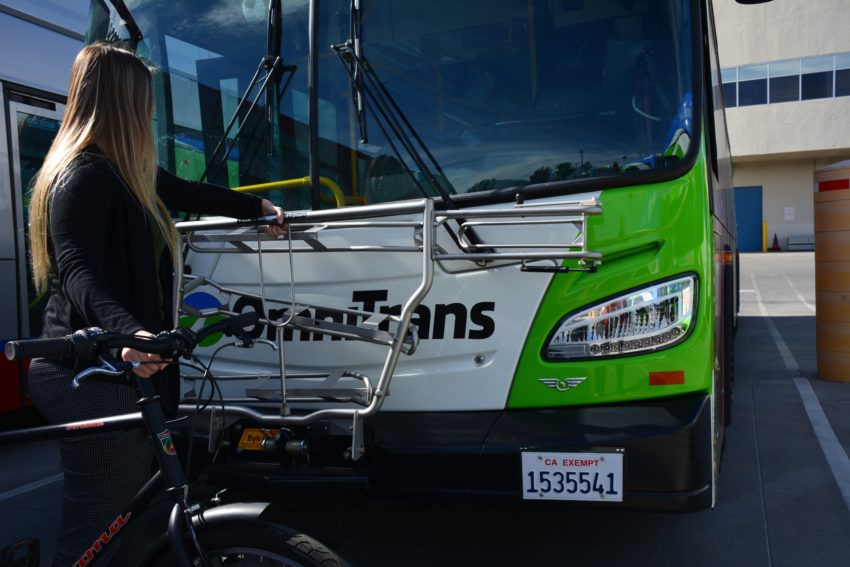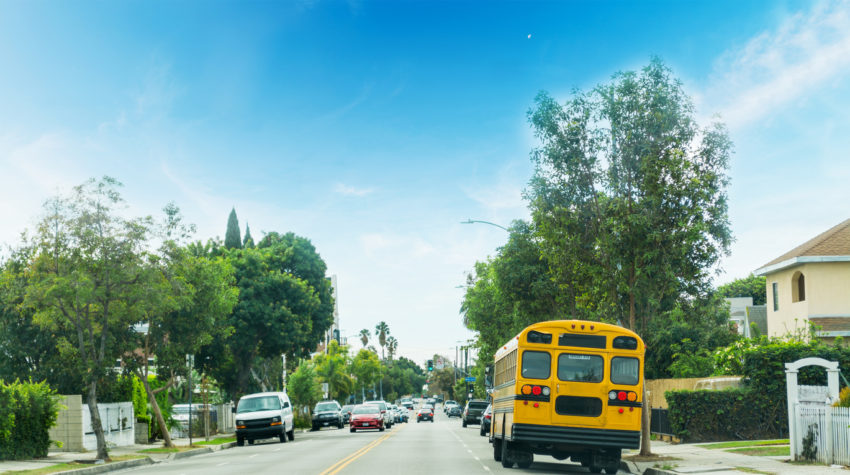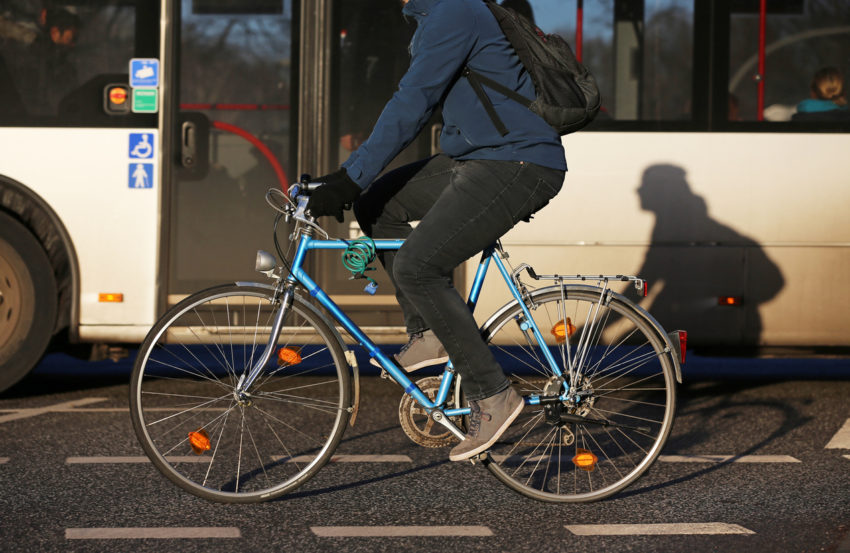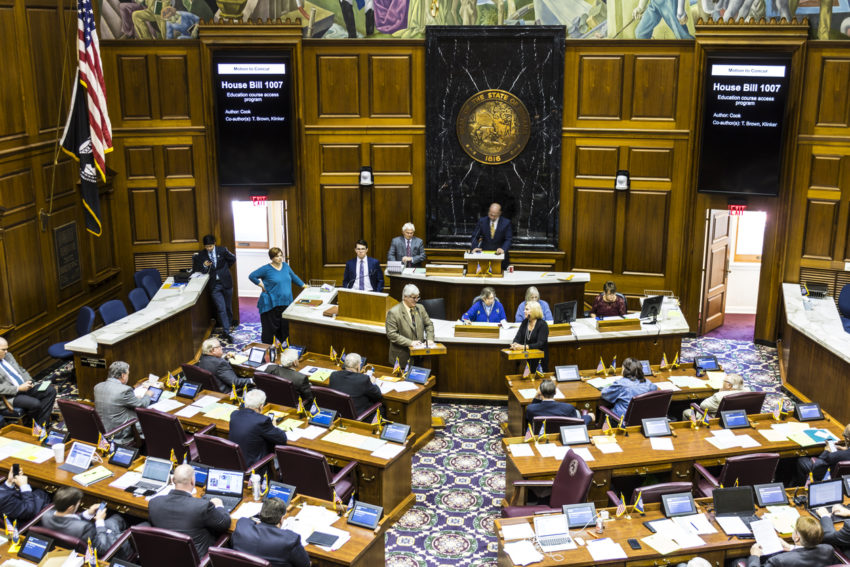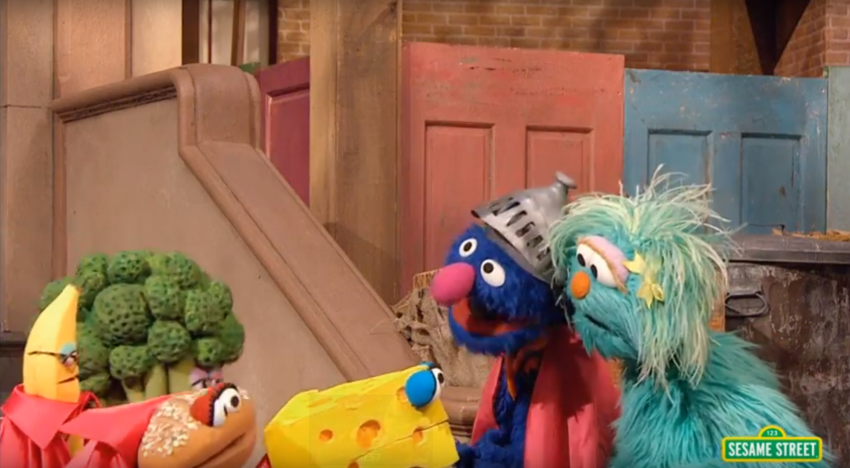#SaludTues Tweetchat 4/2: How Child Toxic Stress is Bad for Health
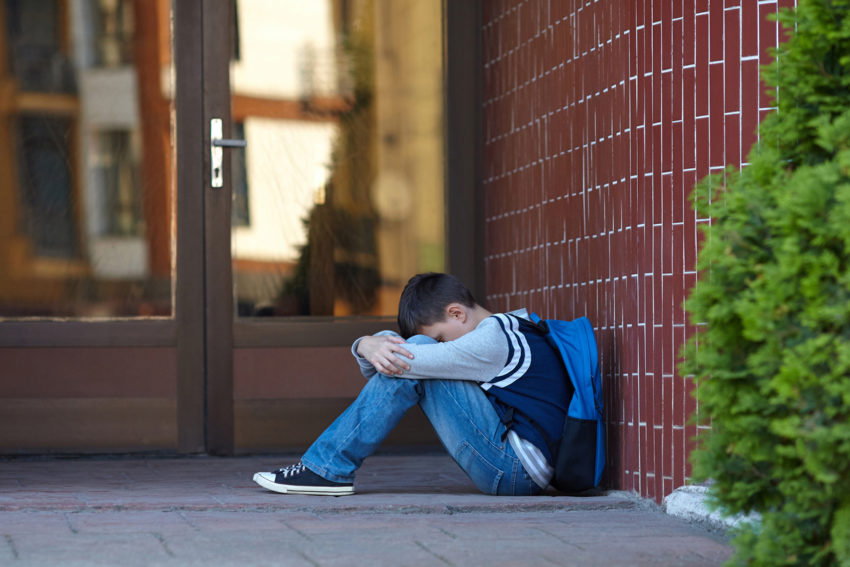
Child toxic stress is bad for health. Strong, frequent, or prolonged toxic stress response in childhood can disrupt the development of brain architecture and other organ systems. Without responsive relationships with caring adults, children these children face developmental delays and health problems later in life. But many don’t understand of how childhood trauma impacts kids’ brains, bodies, and behavior. Let’s use #SaludTues on April 2, 2019, to tweet about toxic stress problems and solutions to celebrate National Stress Awareness Month in April. WHAT: #SaludTues Tweetchat: “How Child Toxic Stress is Bad for Health” TIME/DATE: 1-2 p.m. EST Tuesday, April 2, 2019 WHERE: On Twitter with hashtag #SaludTues HOST: @SaludAmerica CO-HOSTS: Turnaround ...
Read More

